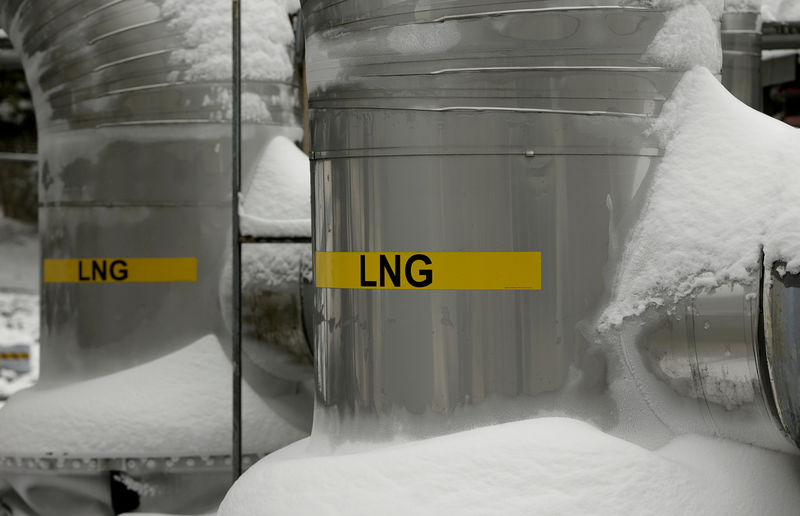JPMorgan’s Dimon weighs in on potential Fed chair candidates
By Geoffrey Smith
Investing.com -- European power prices continued their relentless rise on Wednesday, putting yet more pressure on the continent's industry.
Day-ahead baseload power prices rose to 563.76 euros a megawatt-hour in Germany and 553.62 EUR/MWh in France, according to exchange operator Nord Pool, as shortages of natural gas and low river levels continued to plague the continent's generators.
Futures contracts for next year don't indicate any easing of the pressure any time soon. Baseload power for Germany in 2023 rose to 513.5 EUR/MWh on the European Energy Exchange and stayed at 676 EUR/MWh for France - both figures at multiples of the levels that prevailed before Russia's invasion of Ukraine in February.
The energy crisis is having increasingly visible effects on industrial production in the region. Earlier on Wednesday, Norwegian power and metals group Norsk Hydro (OL:NHY) said it will suspend primary aluminum smelting at its Slovalco mill in Slovakia, due to high power costs. It said recycling operations would continue, but the mill - which was already only working at 60% of its 175,000-ton annual capacity - will only reopen "if the market and framework conditions allow".
That news comes a day after Belgium's Nyrstar (EBR:NYR) said it will put its Budel zinc smelter in the Netherlands into a care-and-maintenance program from September, citing similar cost pressures.
European power prices had fallen briefly on Tuesday after The Wall Street Journal reported that Berlin is planning to let Germany's last three nuclear power plants keep running beyond their scheduled closure dates at the end of the year. However, they quickly recovered after the Economy Ministry denied the report.
There was more bad news earlier on Wednesday when Uniper (ETR:UN01), the German gas importer and distributor reported a 12.4 billion euro loss for the first half of the year, accumulated as it was forced to buy gas on the spot market at sky-high prices to make up for the shortfall of cheaper Russian gas. Gazprom (MCX:GAZP) is currently sending only 20% of its contracted volumes to Germany, citing technical and bureaucratic problems that the German government says are politically motivated.
Those developments have overshadowed more promising news on the supply front from Germany this week. Economy Minister Robert Habeck said on Tuesday that two floating regasification facilities designated for the Brunsbuettel and Wilhelmshaven ports on the North Sea would be operational by the start of 2023, significantly increasing Germany's ability to accept liquefied natural gas. That will give Europe's largest economy a greater safety margin if - as many expect - Russia completely stops gas supplies over the winter.
Germany is also making better-than-expected progress in filling its gas storage facilities ahead of the winter heating season. Bundesnetzagentur, which oversees the country's energy networks, said Germany's gas storage facilities were 77.3% full as of last week, in line with their multi-year average despite the fact that Russia is only sending 20% of its contracted volumes to the country at present.
The government's target is for storage to be 75% full as of Sept. 1, rising to 85% by the start of October and to 95% by the start of November.
